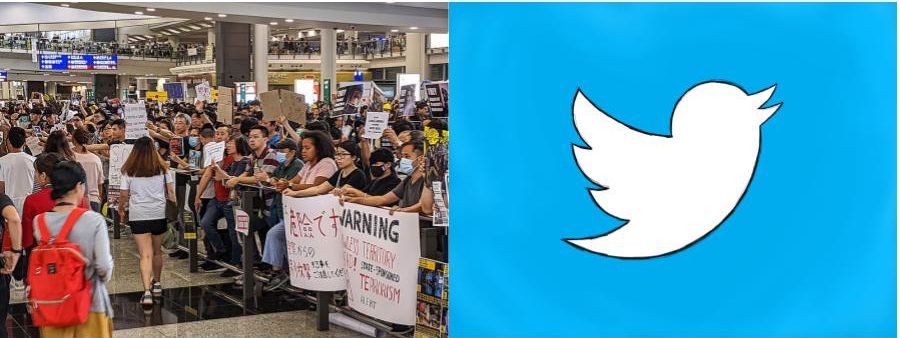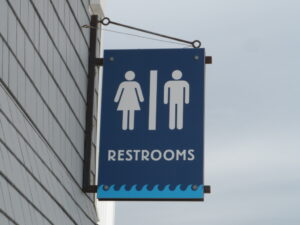Just this past month, Twitter and Facebook have suspended hundreds of thousands of accounts that were traced back to the Chinese government. The accounts were used to discredit pro-democracy protests in Hong Kong. But before diving into the specifics, such as how the accounts were traced and their presence on social media, what exactly is happening in Hong Kong?
These widespread protests in Hong Kong started in March 31st of 2019, and are still ongoing. The protests were at first the response to a controversial extradition bill that would have granted China the ability to deport Hong Kong citizens to China for trials. Protesters demanded the withdrawal of the bill, citing violations to the Hong Kong Basic Law. The Hong Kong Basic Law essentially guarantees freedoms that are unavailable to Chinese mainlanders, such as the right to protest, the right to a free press and freedom of speech, and was implemented after the British handed Hong Kong over to China in 1997, after its 150 year-long presence in Hong Kong. It was agreed that the Basic Law would guarantee Hong Kong 50 years after the handover to “safeguard the rights and freedoms of the residents,” including the right for Hong Kong to develop its own democracy under the “one country, two systems” structure. However, the new extradition bill is seen as a threat to the Basic Law, even before the 50-year deadline. The protests escalated in June, and culminated in a mass protest at the Hong Kong International Airport in August, after the leader of Hong Kong announced the bill as “dead” but failed to withdraw it.
After these events of the past months, Twitter and Facebook have started cracking down on suspicious accounts that are tied to China, especially since the two are banned in China. Google has also taken on a similar task, and has banned 210 YouTube accounts. The suspended social media accounts, such as ones from Twitter, were found to be active even before the Hong Kong protests. They were tweeted in several languages, on a variety of topics. However, the accounts switched to predominantly Chinese and reached a spike in engagement during June, when the Hong Kong protests were escalating. Twitter is continuing to fight against disinformation as it receives criticism for failing to prevent campaigns such as this one from spreading.




